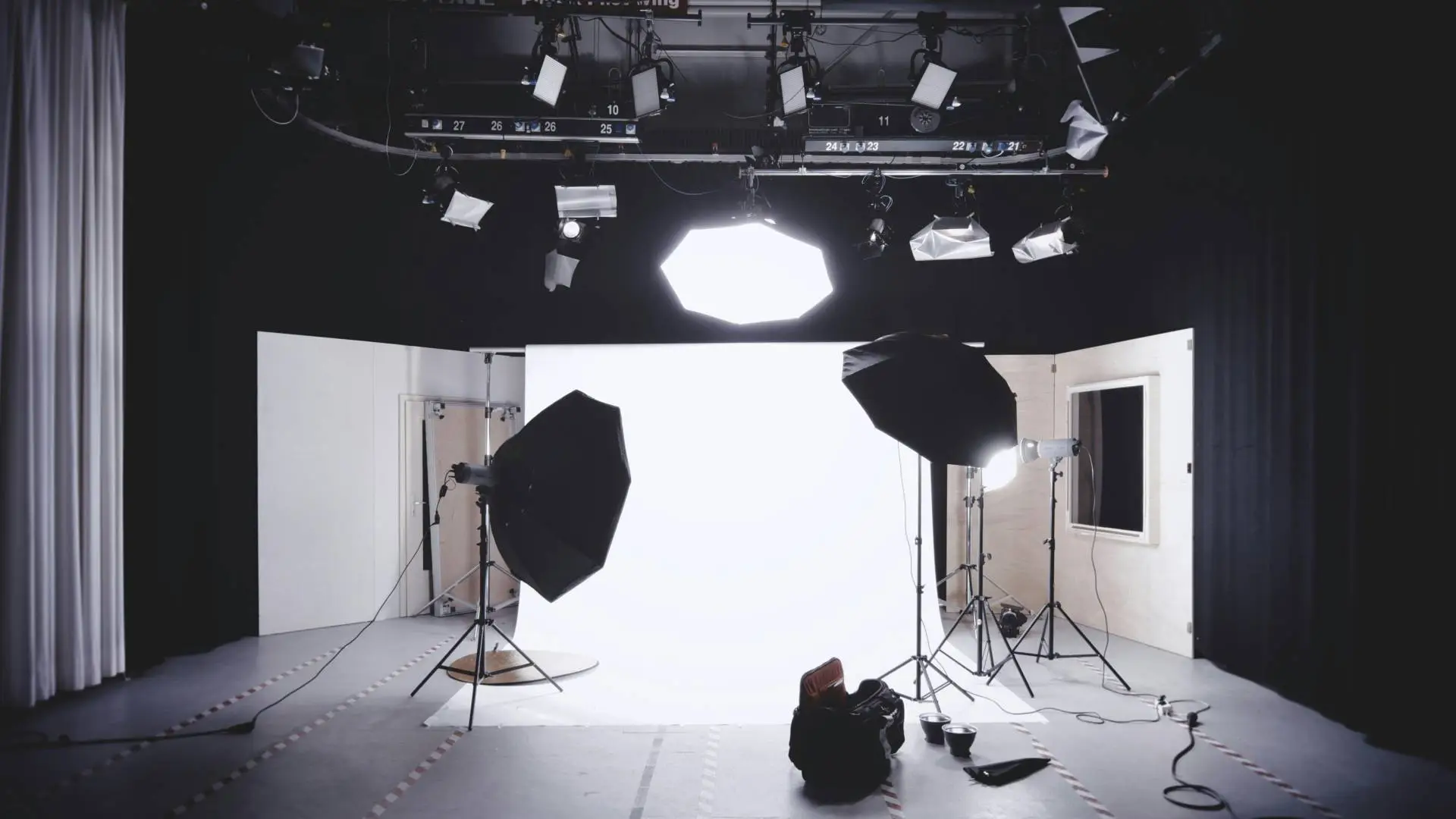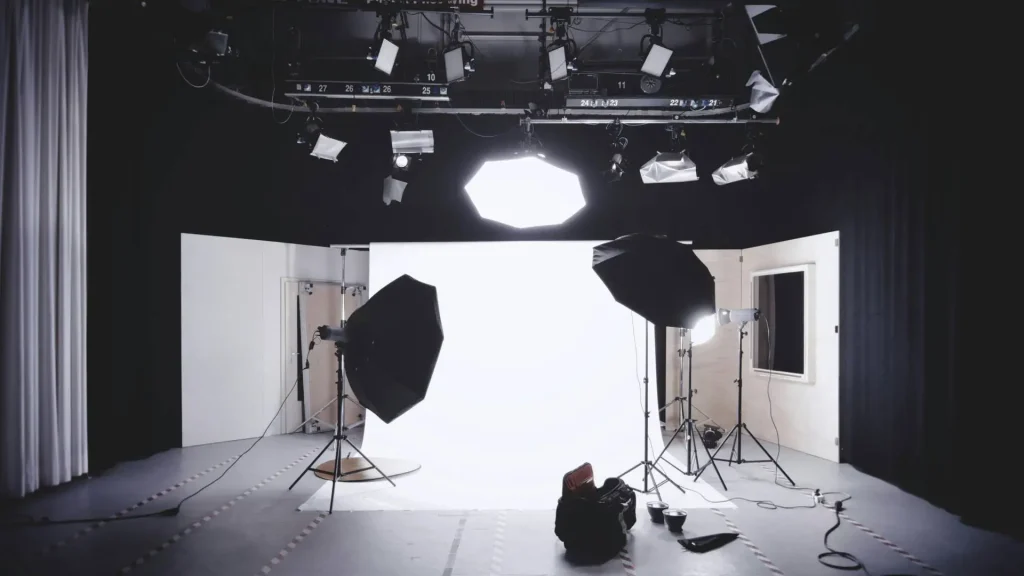
A well-executed family photo shoot captures more than just smiles—it preserves connections, emotions, and moments that families will cherish for years. But for new photographers, these sessions may feel a little overwhelming. Unlike working with solo clients, you’ll need to navigate group dynamics, manage unpredictable behaviour (especially from young children), and create an atmosphere where everyone feels comfortable in front of the camera.
The challenge lies not only in composing beautiful shots but also in ensuring the entire experience feels effortless and enjoyable for the family. Someone’s stress, discomfort, or rigid posing can easily show in the final images, making it essential to foster a relaxed and natural environment.
Fortunately, by mastering a few key techniques, you can transform what may seem like a daunting task into a seamless and rewarding experience. This guide explores practical tips and strategies for new photographers to create stress-free family photo sessions that leave both you and your clients with captivating and memorable images.

Preparation and Planning: Setting the Stage for Success
A successful family photo session begins long before the first click of the shutter. The secret lies in careful planning, which eliminates last-minute issues and allows you to focus on capturing natural, heartfelt moments. To set the tone for a relaxed and enjoyable experience, keep these essentials in mind:
Scout the Right Location
Choosing the right setting can make all the difference in the mood and quality of your photos. Outdoor locations provide natural beauty, but lighting can vary greatly—early mornings and late afternoons offer soft, flattering light, while midday sun can be harsh; clouds can also affect the quality of light. Always visit the location beforehand to assess lighting, angles, backdrops, and potential distractions like crowds. For controlled conditions, consider renting a London photography studio or similar professional space in your area. A well-equipped studio offers adjustable lighting, protects against unpredictable weather, and ensures a polished, editorial-style finish – ideal for families seeking a refined aesthetic.
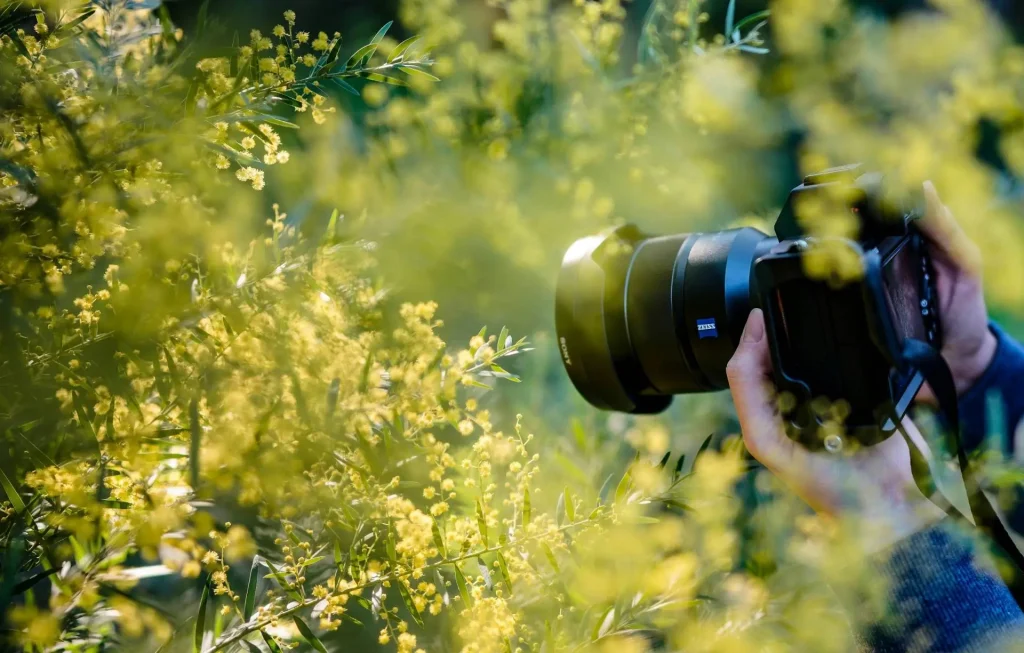
Advise Families on Outfits
Clothing choices play a major role in the final look of portraits. If the family doesn’t have a preferred theme yet, suggest complementary colour palettes instead of identical outfits to achieve a cohesive look without looking overly staged. Earthy tones, neutrals, or pastels are also great choices, as they photograph well and complement most environments. Finally, unless the family is going for campy or funny photos, have them avoid loud patterns, logos, or neon shades, which can be distracting in photos.
Bring Essential Gear
Being well-equipped eliminates unnecessary stress and ensures you can handle different lighting conditions, compositions, and unexpected challenges. Your checklist should include:
- A versatile camera body with multiple lenses
- Extra batteries and memory cards
- A tripod for stability
- Reflectors or an external flash to control lighting
- Small props like blankets, toys, or bubbles to engage children
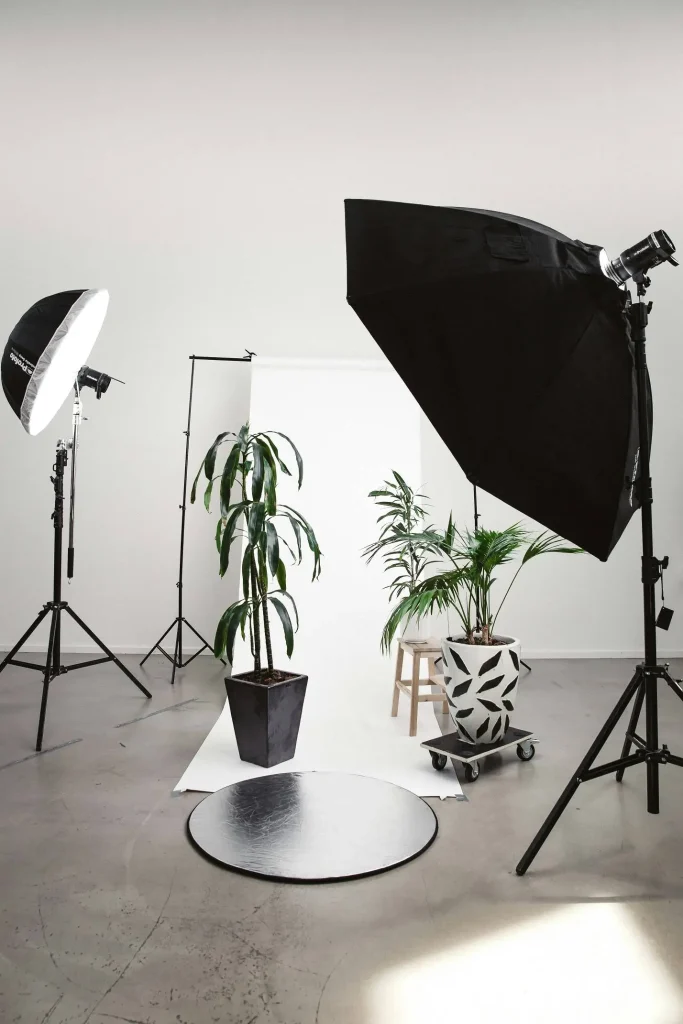
Building Rapport with Families: Creating a Comfortable Atmosphere
Every family has its own unique energy, and connecting with each member is key to bringing out their best during the shoot. Most would probably be nervous, especially if this is their first professional session, so your ability to set a relaxed tone will directly impact the quality of your images. Remember, when families feel at ease, they interact more naturally, allowing you to capture moments that feel genuine rather than forced.
To create a relaxed atmosphere and elicit authentic smiles, consider these strategies:
Engage with Children First
Children often set the tone for the session; if they’re engaged, parents will naturally follow suit. Start by introducing yourself in a friendly, playful way – ask about their favourite toys, cartoons, or activities. Instead of expecting them to sit still, encourage movement-based interactions, such as jumping, twirling, or playing with their parents. These light-hearted interactions help break the ice and make children feel at ease.
Create a Connection with Parents
Unless they’re professional models, parents, too, may feel nervous in front of the camera. Keep the conversation light by complimenting their outfit choices or asking about their favourite family traditions. Provide simple posing guidance to prevent stiffness, but also encourage natural interactions – suggest walking hand-in-hand, sharing a joke, or playing with their child. Subtle movements make a big difference in creating relaxed, intimate moments.
Ease Camera Shyness
For individuals who are particularly camera-shy, movement-based poses can help ease their discomfort. Walking, gentle swaying, or even hugging allows them to focus on the moment rather than the camera. Offer gentle reassurance, reminding them that the best photos capture emotions, not perfection.
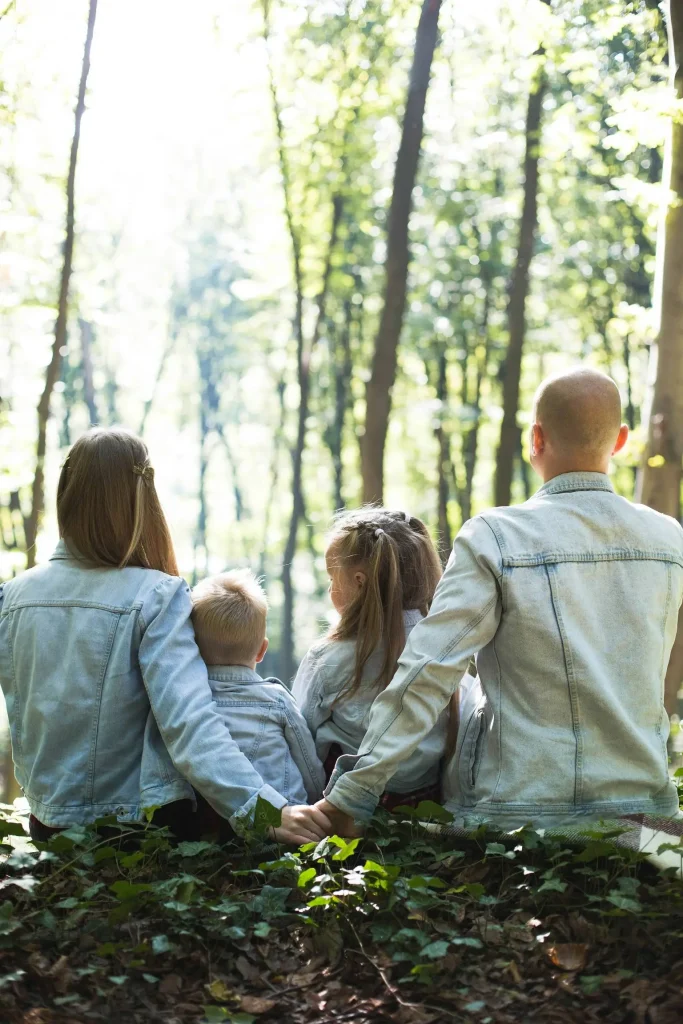
Capturing Candid Moments: Embracing Authenticity over Poses
Some of the most treasured family portraits aren’t the ones where everyone is perfectly posed but the ones that capture genuine interactions. Families want to see real emotions – the spontaneous laughter, the playful moments, and the quiet, affectionate glances.
To capture heartfelt images, encourage spontaneous behaviour. Give families simple prompts like “Whisper something funny to each other” or “Give the biggest bear hug you can!” These not only help clients feel less self-conscious but also generate natural expressions and dynamic compositions. Be ready to adapt quickly, as some of the best moments happen when you least expect them.
Position yourself to anticipate these moments, keeping an eye on body language and subtle interactions. When possible, use techniques like framing to create a sense of intimacy, focusing on small details such as a child’s hand holding their parent’s. By prioritising candid moments, you’ll deliver images that feel personal and timeless.
Stress-free family photo sessions do not happen by chance – they’re the result of thoughtful preparation, genuine connections, and a willingness to embrace the unexpected. With time, practice, and a flexible mindset, you’ll transform what might seem like a challenging task into one of the most fulfilling parts of your photography journey.

